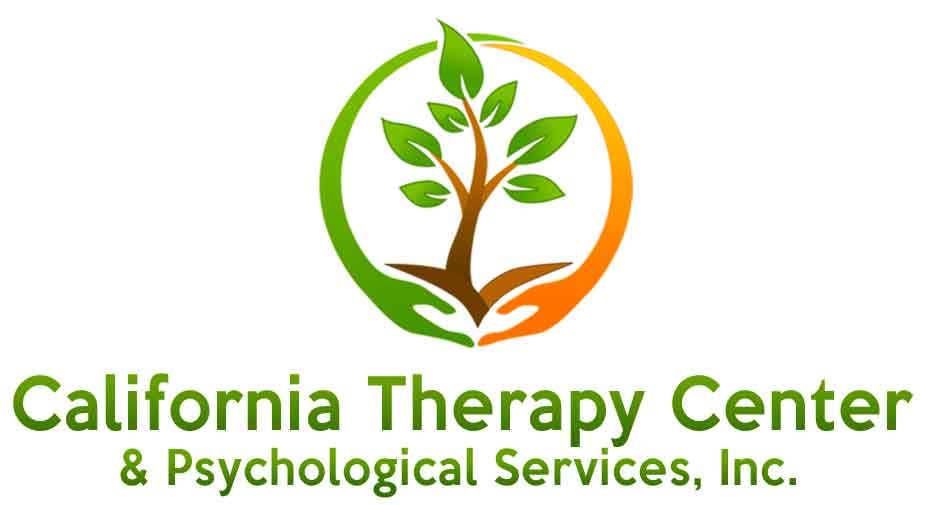Cognitive Behavioral Therapy
From Mindset to Transformation: Unlocking the Potential of Cognitive Behavioral Therapy
In today’s fast-paced world, it’s no secret that mental health issues are on the rise. From anxiety and depression to stress and trauma, many individuals are searching for effective ways to overcome their mental struggles.
Enter cognitive behavioral therapy (CBT), a transformative approach that aims to change negative patterns of thinking and behavior.
In this article, we delve into the power of CBT and how it can unlock your potential for personal growth and healing. Developed by renowned psychologist Aaron Beck in the 1960s, CBT has gained significant recognition for its ability to provide practical solutions to emotional and psychological challenges.
By targeting the connection between thoughts, feelings, and behaviors, CBT enables individuals to identify and reframe negative thought patterns, leading to healthier thought processes and better emotional well-being. We explore the core principles of CBT and how they can help you break free from self-defeating beliefs and behaviors.
Whether you’re struggling with anxiety, depression, or simply seeking personal growth, cognitive behavioral therapy offers a path to positive transformation. Join us as we uncover the potential of CBT and discover the tools you need to unlock a healthier mindset and a happier life.
Understanding Cognitive Behavioral Therapy (CBT)
Cognitive behavioral therapy (CBT) is a psychotherapeutic approach that focuses on the connection between thoughts, feelings, and behaviors. It was developed by renowned psychologist Aaron Beck in the 1960s and has since gained significant recognition for its ability to provide practical solutions to emotional and psychological challenges.
CBT operates on the premise that our thoughts influence our emotions and behaviors. By identifying and challenging negative thought patterns, individuals can reframe their thinking and develop healthier thought processes, leading to improved emotional well-being.
The principles of CBT
Central to CBT are several key principles that guide the therapeutic process. These principles include cognitive restructuring, behavior activation, and problem-solving skills. Cognitive restructuring involves identifying and challenging negative thoughts, replacing them with more realistic and positive ones. Behavior activation encourages individuals to engage in activities that bring them joy and fulfillment, promoting positive emotions. Problem-solving skills equip individuals with effective strategies to address life challenges and overcome obstacles.
The benefits of CBT
CBT offers numerous benefits for individuals struggling with various mental health issues. Research has shown that CBT is highly effective in treating conditions such as anxiety disorders, depression, post-traumatic stress disorder (PTSD), and obsessive-compulsive disorder (OCD). It has also been proven to be beneficial in managing chronic pain, eating disorders, and substance abuse.
One of the key advantages of CBT is its focus on practical strategies that can be applied in daily life. Unlike some therapeutic approaches that solely explore the root causes of psychological issues, CBT provides individuals with actionable tools and techniques to address their challenges in real-time. This empowers individuals to take an active role in their healing process and make lasting changes.
Common misconceptions about CBT
Despite its effectiveness, there are several misconceptions about CBT that can deter individuals from seeking this form of therapy. One common misconception is that CBT is a quick fix or a one-size-fits-all solution. In reality, CBT is a collaborative process that requires active participation and commitment from both the therapist and the individual undergoing therapy. It involves regular sessions, homework assignments, and practice outside of therapy sessions.
Another misconception is that CBT solely focuses on positive thinking and ignores negative emotions. While CBT does emphasize the importance of reframing negative thoughts, it also recognizes the value of acknowledging and processing negative emotions. CBT encourages individuals to develop a balanced perspective and to accept and validate their emotions while working on changing unhelpful thought patterns.
The role of mindset in CBT
Mindset plays a crucial role in the success of CBT. An individual’s mindset can greatly impact their ability to change negative thought patterns and behaviors. A growth mindset, characterized by a belief in one’s ability to learn and grow, is essential for embracing the challenges and transformations that come with CBT.
In CBT, individuals are encouraged to develop a growth mindset by recognizing that change is possible and that setbacks are a natural part of the healing process. By cultivating a mindset focused on growth and resilience, individuals can approach therapy with openness and optimism, maximizing the benefits of CBT.
Techniques and exercises for shifting mindset
Shifting mindset is a fundamental aspect of CBT. Several techniques and exercises can help individuals change their perspective and develop a more positive and adaptive mindset. One such technique is cognitive restructuring, which involves identifying negative thoughts and replacing them with more realistic and positive ones. This can be done through thought records, where individuals write down their negative thoughts, challenge them with evidence, and come up with more balanced thoughts.
Another technique is thought stopping, which involves interrupting negative thought patterns by using a physical or mental cue. This technique helps individuals become more aware of their negative thoughts and empowers them to redirect their thinking towards more positive and productive patterns.
Overcoming cognitive distortions with CBT
Cognitive distortions are irrational and exaggerated thought patterns that contribute to negative emotions and behaviors. CBT aims to identify and challenge these distortions to promote healthier thinking. Common cognitive distortions include black-and-white thinking, overgeneralization, and catastrophizing.
By becoming aware of these distortions and learning to question their validity, individuals can break free from self-defeating beliefs and develop a more balanced and realistic perspective. This process involves examining evidence, considering alternative explanations, and reframing thoughts to align with reality.
Implementing CBT in daily life
CBT is most effective when practiced consistently and integrated into daily life. While therapy sessions provide a foundation, it is essential to apply CBT techniques and strategies outside of therapy. This can involve setting goals, practicing thought challenging exercises, and engaging in behavioral experiments to test and modify unhelpful patterns of behavior.
Additionally, developing self-care routines, practicing mindfulness, and seeking support from loved ones can all contribute to the successful implementation of CBT in daily life. By making CBT a part of one’s lifestyle, individuals can create lasting change and maintain their progress even after therapy has ended.
Seeking professional help for CBT
While self-help resources and books on CBT can be beneficial, seeking professional help is often the best way to fully unlock the potential of cognitive behavioral therapy. A qualified CBT therapist can provide guidance, support, and a safe space for individuals to explore their thoughts, feelings, and behaviors.
When choosing a CBT therapist, it’s important to consider their qualifications, experience, and compatibility with your needs. A strong therapeutic alliance and a trusting relationship are essential for the success of CBT. The therapist should also have a thorough understanding of CBT principles and be able to tailor the therapy to your specific goals and challenges.
Conclusion: Embracing transformation through CBT
From mindset to transformation, cognitive behavioral therapy offers a pathway to personal growth, healing, and a happier life. By understanding the principles of CBT, challenging negative thought patterns, and implementing CBT techniques in daily life, individuals can unlock their potential for positive change.
While CBT may require time, effort, and commitment, the benefits are well worth it. Whether you’re struggling with anxiety, depression, or simply seeking personal growth, CBT provides a roadmap to navigate the challenges and emerge stronger and more resilient.
Remember, embracing transformation through CBT is a journey, and each step forward brings you closer to a healthier mindset and a happier, more fulfilling life.
This article is for informational purposes only and should not be considered a substitute for professional medical or mental health advice. Always consult with a qualified healthcare provider for diagnosis and treatment options.

